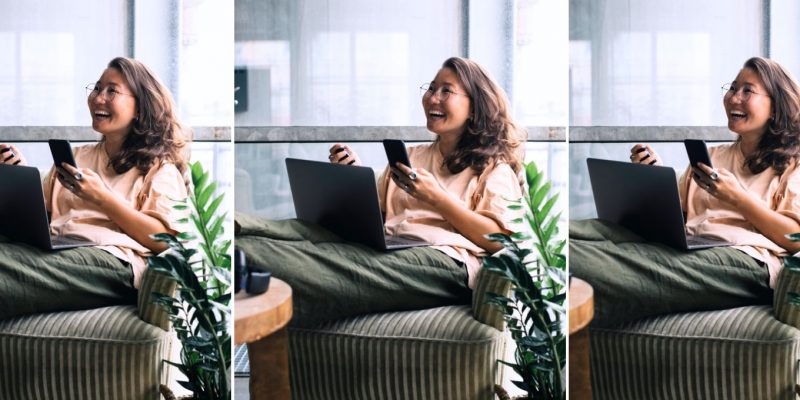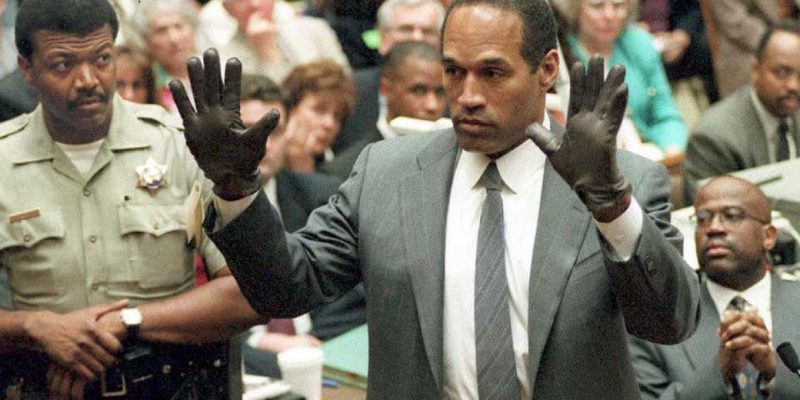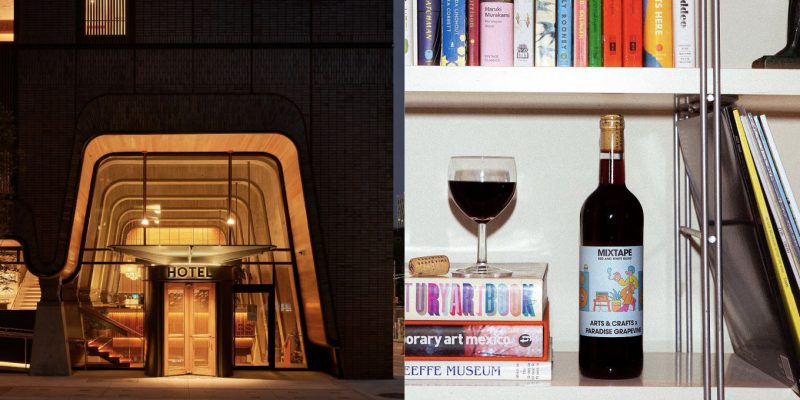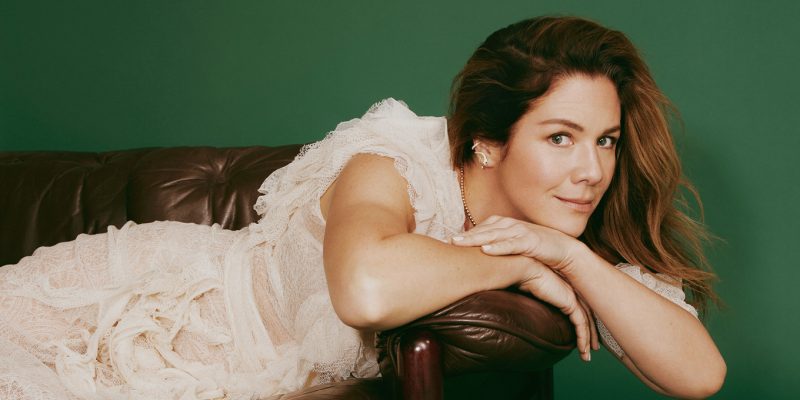Society
Holly Branson wants you to love your work
The heir to one of the world’s biggest companies is all about finding purpose and giving back.
by : Ciara Rickard- Apr 6th, 2018
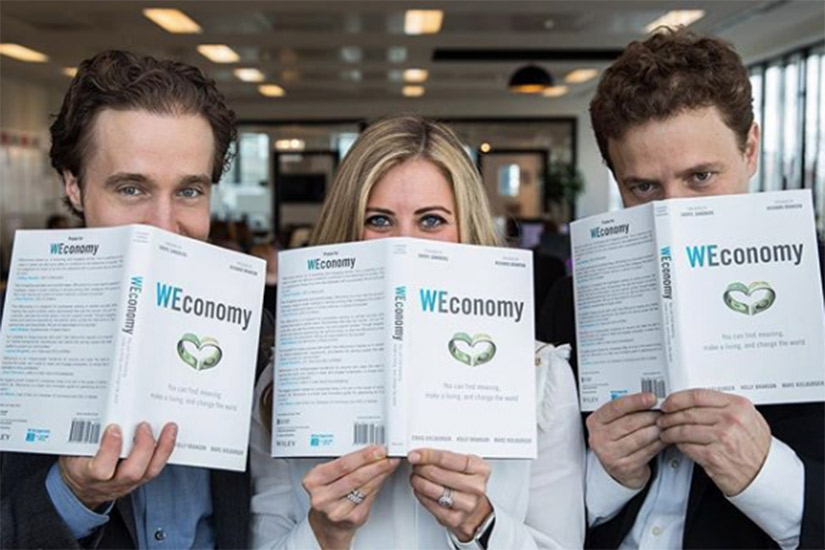
Holly Branson, daughter of mega-mogul Richard (a.k.a. the founder of incredibly successful company Virgin), has had a busy day in Toronto. Her 20 hours in the city have been a whirl of interviews and TV appearances and the London-based exec is off to New York in a couple of hours, so she’s having a quick late lunch while we chat (and even kindly offered to share her salad). But jet lag and a hectic morning haven’t dampened her enthusiasm for her new book, Weconomy – the reason she’s here.
After an early career in medicine, Branson decided to take a break and join Virgin for a while – and 10 years later she’s still happily ensconced in the family business. In her role, Branson focuses on finding ways for the company to give back as part of their business plan. To that end, she has joined forces with Craig and Marc Kielburger, the Canadian entrepreneurial brothers who started a charity as teens that, over the past 23 years, has blossomed into We, a family of organizations that focus on making doing good actually doable. Weconomy is one of the many things to come out of this alliance; written in parts by all three, it’s about how making “purpose” central to business ventures is good for both profit and the world.
Tell me a bit about your first career – you had this family business you could’ve walked right into, but you decided to get your medical degree… “I always knew I wanted to be a doctor and I never veered from that plan, ever. Until, in my second year as a doctor, I got allocated to the surgical rotation, and I knew I didn’t want to be a surgeon. I didn’t like sitting in theatres cutting open sleeping patients – I much preferred having conversations with people, trying to deduce what’s wrong with people. I always ask my parents for advice, so I asked them what I should do, and Dad was like ‘Why don’t you take a year out and come work at Virgin? You can do some wonderful things while you’re here, and then go back.’ And after a year, I was like, ‘You know, I’m not quite ready to go back yet – I’ll defer for another year.’ And that’s turned into 10 years. I’ve really been enjoying what I’ve been doing. I really feel like I’ve made a difference in the business world.”
How did the partnership with We come about? “We have a foundation called Virgin Unite, which was set about to try to bring together the 70,000 staff we have across the globe so that everyone is working towards similar goals. We had a team that was going into all the different Virgin businesses and helping them find charity partners that really worked with what they were doing as a company. And We was one that stood out way above the rest. So Virgin Atlantic, because they’re an airline and they go to a lot of the places We works in, forged a partnership, and that was a good eight years ago now. They asked me if I wanted to go on one of the trips to Kenya, and I jumped at the opportunity. Our relationship with We has just got stronger and stronger, and Marc and Craig have become great friends.”
In the book, you talk a lot about “purpose” in business; can you talk about what that means? “I think businesses play a vital role in making a difference in the world. Charities only have so much scalability and so many funds – they just can’t do it all themselves. So businesses are the entity that has scalability – they have funds, they have resources – and they should be using all of their power to make the world a better place. Business needs to think about profit and purpose, not just the bottom line and making money. And by ‘purpose,’ we mean that businesses need to be doing all that they can, not just the least they can get away with. It used to be there was the CSR [corporate social responsibility] department in a corner office and businesses thought they were doing the right thing and ticking a box by giving a cheque to the little league down the road…
And largely for optics, I’m sure. “Yeah, exactly. Whereas now I think that’s really changing. In the UK at the moment, plastic is a big thing – people are not wanting to use plastic, and consumer demand has made a lot of our supermarkets now have plastic-free aisles. It all came from the consumer wanting a difference. Businesses need to be doing this in all areas – they need to make sure their supply chains are ethical, they need to be broadening to great charity-business partnerships and they need to be doing their bit for the environment. I think if you want to survive and thrive as a business, you’re going to have to have purpose embedded at the heart of it. And it’s still working for the business – it’s not purely charitable, it works both ways.”
How can someone just starting out their career find meaning at work? “It’s so important that people love to wake up in the morning and enjoy their work, and by instilling meaning into your day-to-day life, you can have that. I think businesses at the moment are on different parts of the purpose spectrum – from not doing any good to doing it fantastically well – and individuals can make a real difference. So if you’re working for a company that actually is not on the purpose spectrum yet, try to give them a nudge. You can start a volunteer day at work or you can start a recycling program and, in turn, you can actually get yourself noticed and even promoted.”
Newsletter
Join our mailing list for the latest and biggest in fashion trends, beauty, culture and celebrity.
Read Next
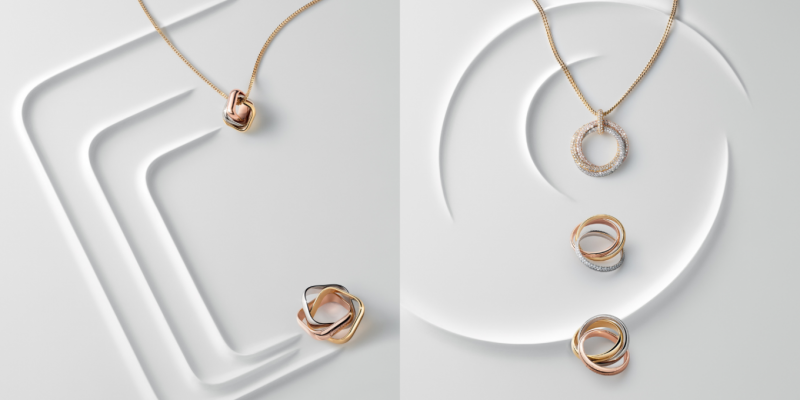
Fashion
Cartier Celebrates 100 Years of the Trinity Ring
What better way to celebrate an anniversary than with a new collection?
by : Allie Turner- Apr 19th, 2024
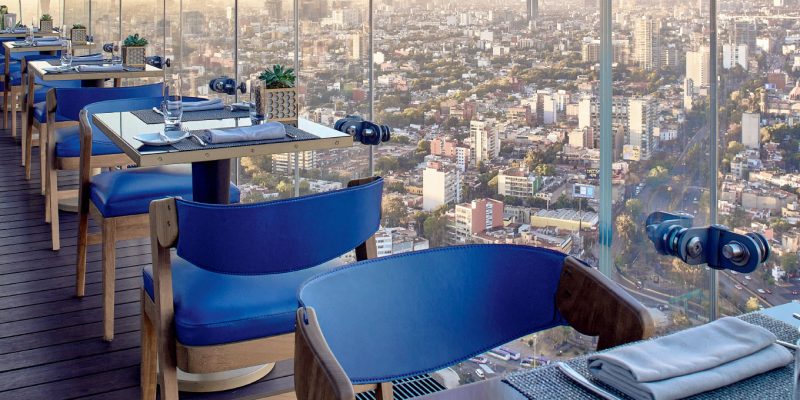
Culture
How to Spend 48 Hours in Mexico City
Where to discover the hidden gems—markets, mezcal, modern art—of the Central American capital.
by : Jennifer Nguyen- Apr 18th, 2024
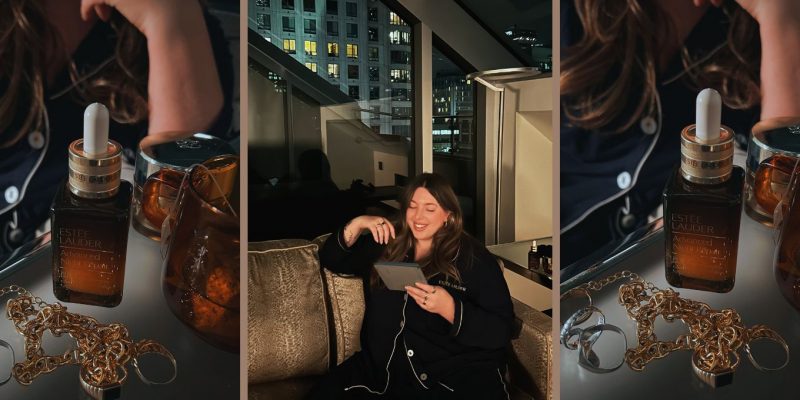
Beauty
Tested and Approved: A Skin Saviour That Works While You Sleep
Wake up with your glowiest skin yet—even if you didn’t clock eight hours.
by : ELLE Canada- Apr 11th, 2024

